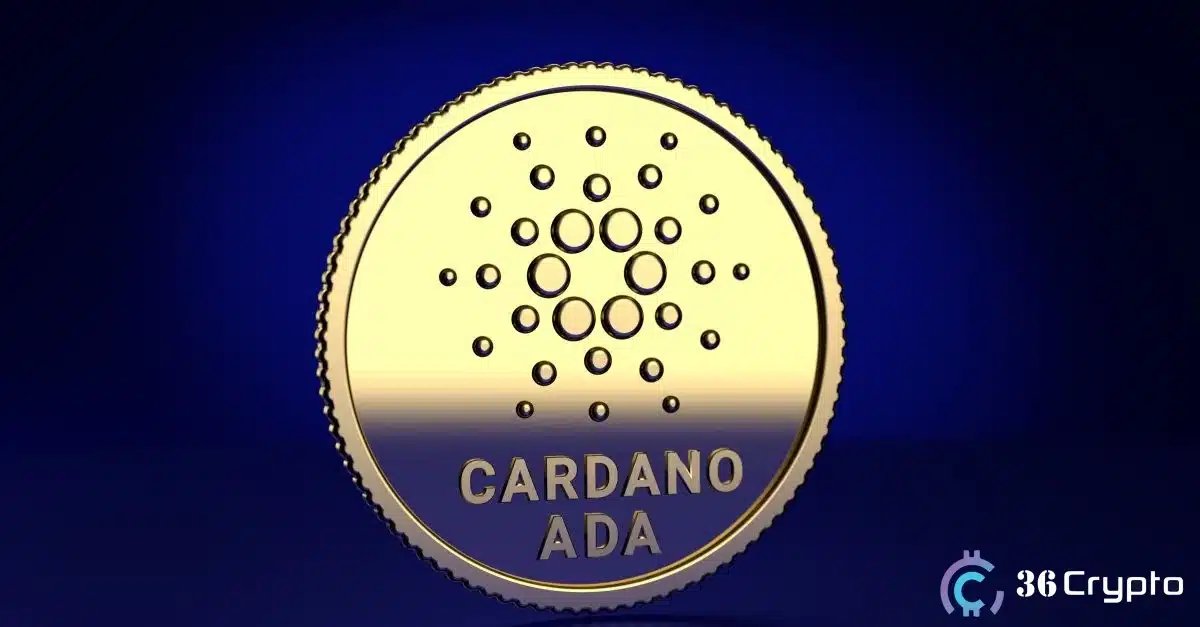Germany's AfD Party Proposes Strategic Bitcoin Reserve: Opposition Party Embraces Cryptocurrency
The Alternative für Deutschland (AfD Party), a major opposition party in Germany, has proposed establishing a Strategic Bitcoin Reserve, marking a significant development in European cryptocurrency policy. This positions the AfD Party among the first major European political parties to advocate for government-level Bitcoin holdings.
The Proposal
The AfD Party calls for Germany to establish a national Bitcoin reserve as part of the country's strategic assets, similar to traditional gold reserves. While specific implementation details remain limited, the initiative represents a notable shift in how political parties approach cryptocurrency and digital assets in Europe.
The proposal comes as several nations explore Bitcoin reserves, including El Salvador's full adoption and discussions in the United States about creating similar strategic reserves. The AfD Party's advocacy brings this debate directly into German and European mainstream politics.
Political Context
The AfD Party, founded in 2013, currently serves as the largest opposition party in the German Bundestag. Known for its Eurosceptic positions and emphasis on national sovereignty, the party has evolved from opposing eurozone bailouts to addressing broader issues including immigration and economic independence.
The party's embrace of Bitcoin aligns with its broader platform emphasizing German economic sovereignty and skepticism toward EU monetary policy. By proposing a Bitcoin reserve, the AfD Party attempts to appeal to younger, tech-savvy voters while positioning itself as innovative on financial matters.
Implementation Challenges
The proposal faces substantial obstacles. Germany's coalition government structure requires broad consensus for major policy changes, and the AfD Party's controversial status makes cooperation with mainstream parties difficult. Additionally, EU regulations constrain individual member states' ability to implement independent cryptocurrency policies.
Practical challenges include funding Bitcoin purchases, managing extreme price volatility, securing digital assets against theft, and addressing concerns from the conservative German financial establishment. The Bundesbank has historically been cautious regarding cryptocurrencies, emphasizing risks over opportunities.
International Comparison
The AfD Party's proposal joins global government Bitcoin initiatives. El Salvador adopted Bitcoin as legal tender in 2021 with mixed results. In the United States, various politicians have proposed strategic Bitcoin reserves, with President-elect Donald Trump expressing support for the concept.
However, the AfD Party represents the first major European political party to formally propose a national Bitcoin reserve, potentially influencing broader European cryptocurrency discussions despite the EU's generally regulatory approach to digital assets.
Economic Arguments
Supporters argue Bitcoin reserves offer diversification benefits, hedge against inflation, demonstrate technological leadership, and provide independence from traditional financial systems. The AfD Party frames Bitcoin as protection against what it views as problematic EU monetary policies.
Critics counter with concerns about extreme volatility exposing national reserves to risk, opportunity costs versus stable investments, environmental impact of Bitcoin mining, and lack of intrinsic value compared to productive assets or commodities like gold.
Political Viability
The proposal's implementation prospects remain limited. Mainstream German parties generally refuse coalition partnerships with the AfD Party due to its controversial positions and monitoring by domestic intelligence agencies in some states. This political isolation means the Strategic Bitcoin Reserve proposal serves primarily as a positioning statement rather than actionable near-term policy.
However, if cryptocurrency continues gaining mainstream acceptance, elements of the proposal could be adopted by centrist parties with greater coalition-building potential.
Impact on German Cryptocurrency Landscape
Regardless of implementation, the proposal influences German cryptocurrency discourse. Germany already maintains a relatively progressive environment, with Bitcoin gains held over one year being tax-free and a growing blockchain startup ecosystem. The AfD Party's proposal legitimizes cryptocurrency policy discussions and may prompt other parties to articulate their positions.
The Federal Financial Supervisory Authority (BaFin) oversees cryptocurrency businesses, and the EU's Markets in Crypto-Assets (MiCA) regulation provides harmonized rules across member states. Any German Bitcoin reserve would need alignment with these frameworks.
Future Scenarios
Several outcomes could emerge. The proposal may remain a fringe position with limited adoption by mainstream parties. Alternatively, continued cryptocurrency acceptance could lead to mainstreaming of modified versions by centrist parties. The proposal might also trigger stricter regulations if authorities emphasize risks over opportunities.
Most likely, the proposal remains primarily symbolic in the short term while contributing to broader legitimization of cryptocurrency in European political discourse. As digital assets evolve, such proposals may transition from alternative positions to serious policy considerations.
Conclusion
The AfD Party's Strategic Bitcoin Reserve proposal represents a significant moment in European cryptocurrency policy, bringing Bitcoin into mainstream German political debate. While facing substantial implementation barriers due to political isolation and conservative financial establishment resistance, it influences ongoing conversations about cryptocurrency's role in national economic strategy.
For cryptocurrency advocates, the proposal represents political legitimization. For skeptics, it raises questions about cryptocurrency's role in public policy. Regardless of implementation prospects, the proposal catalyzes important discussions about digital assets' place in 21st-century economic policy.
You May Also Like

Top 3 Cryptos That Could Turn $100 Into $5,000 in 2025 – Including This Meme-to-Earn Token’s Game-Changing Potential

New Viral Presale on XRPL: DeXRP Surpassed $6.4 Million
